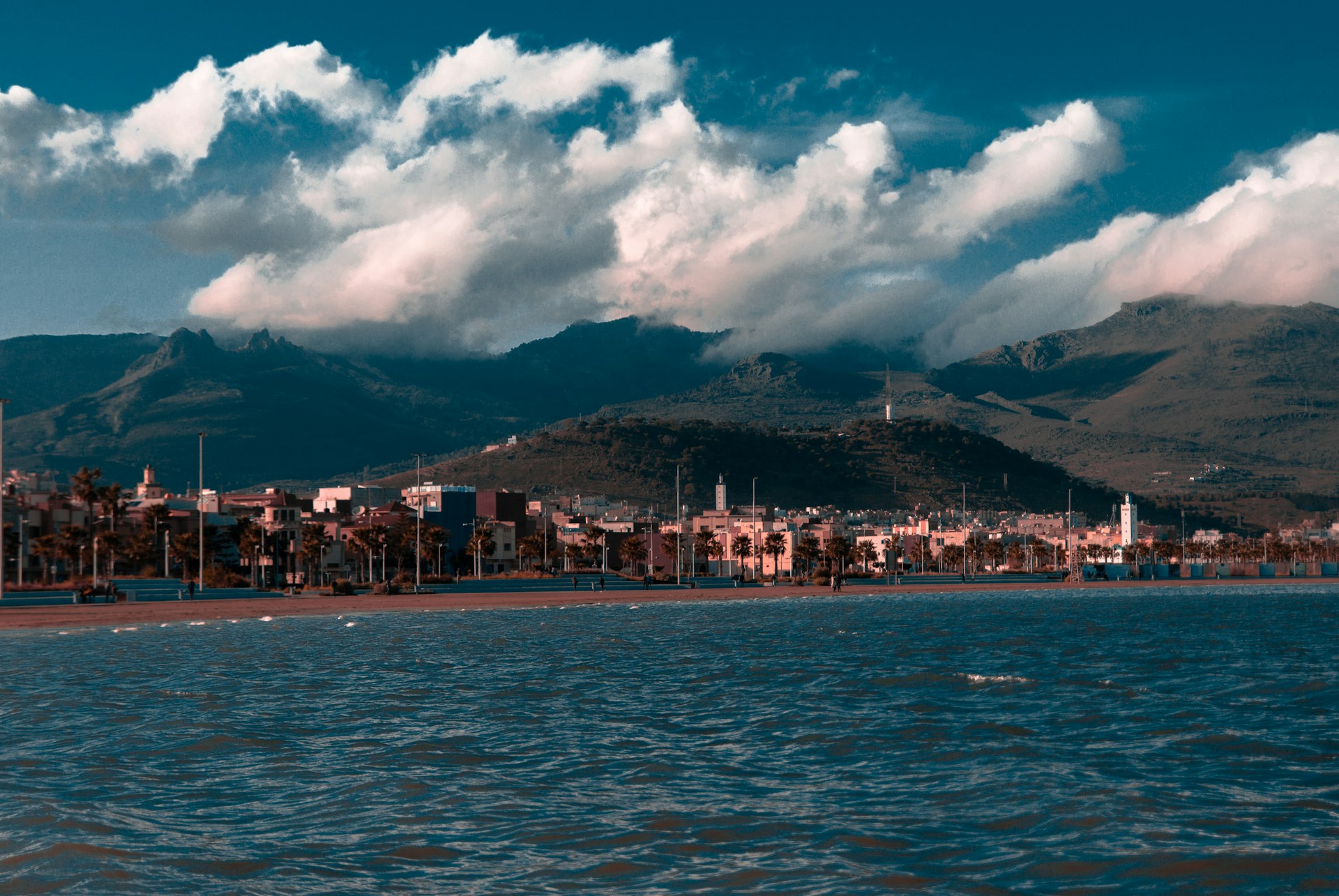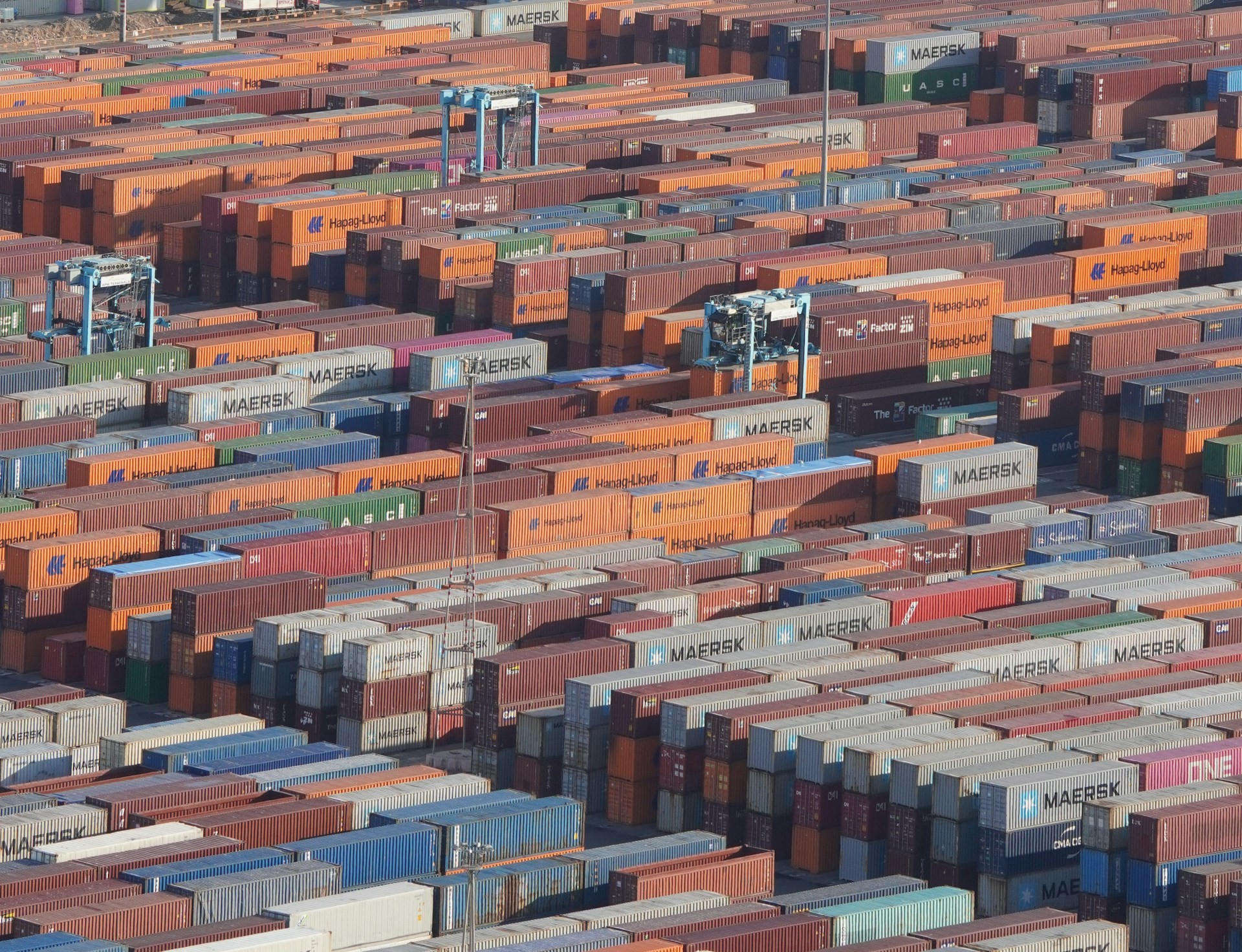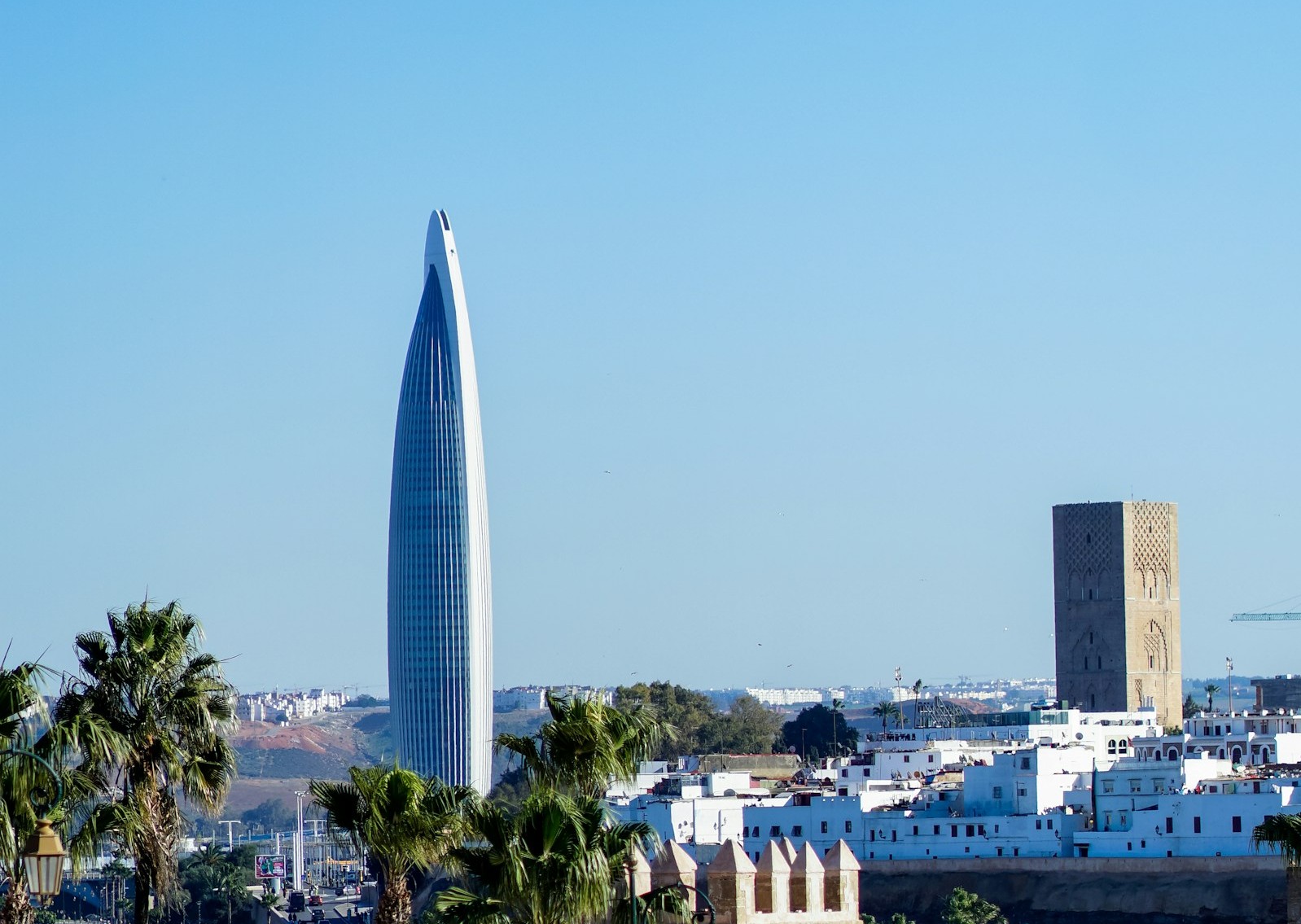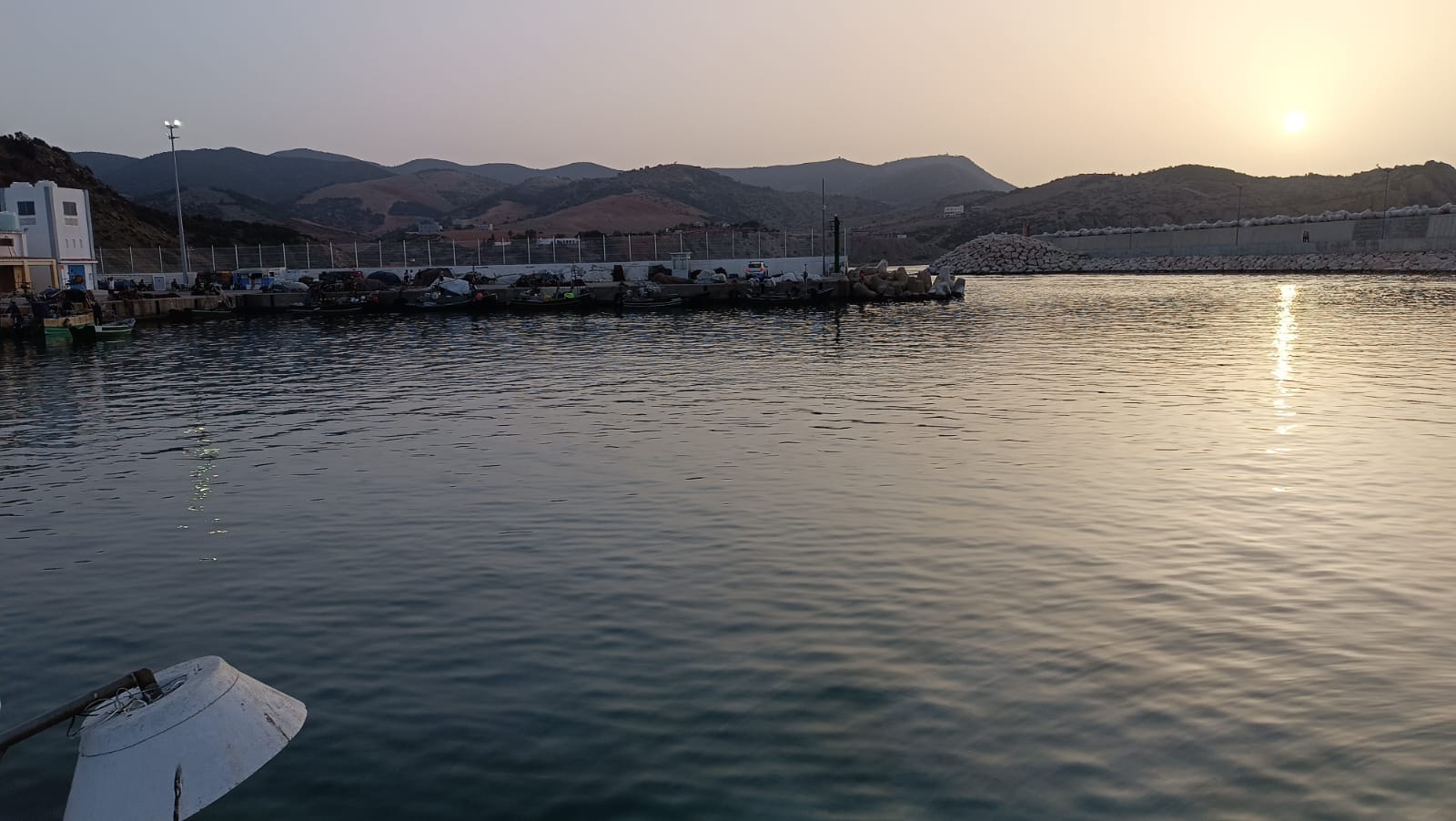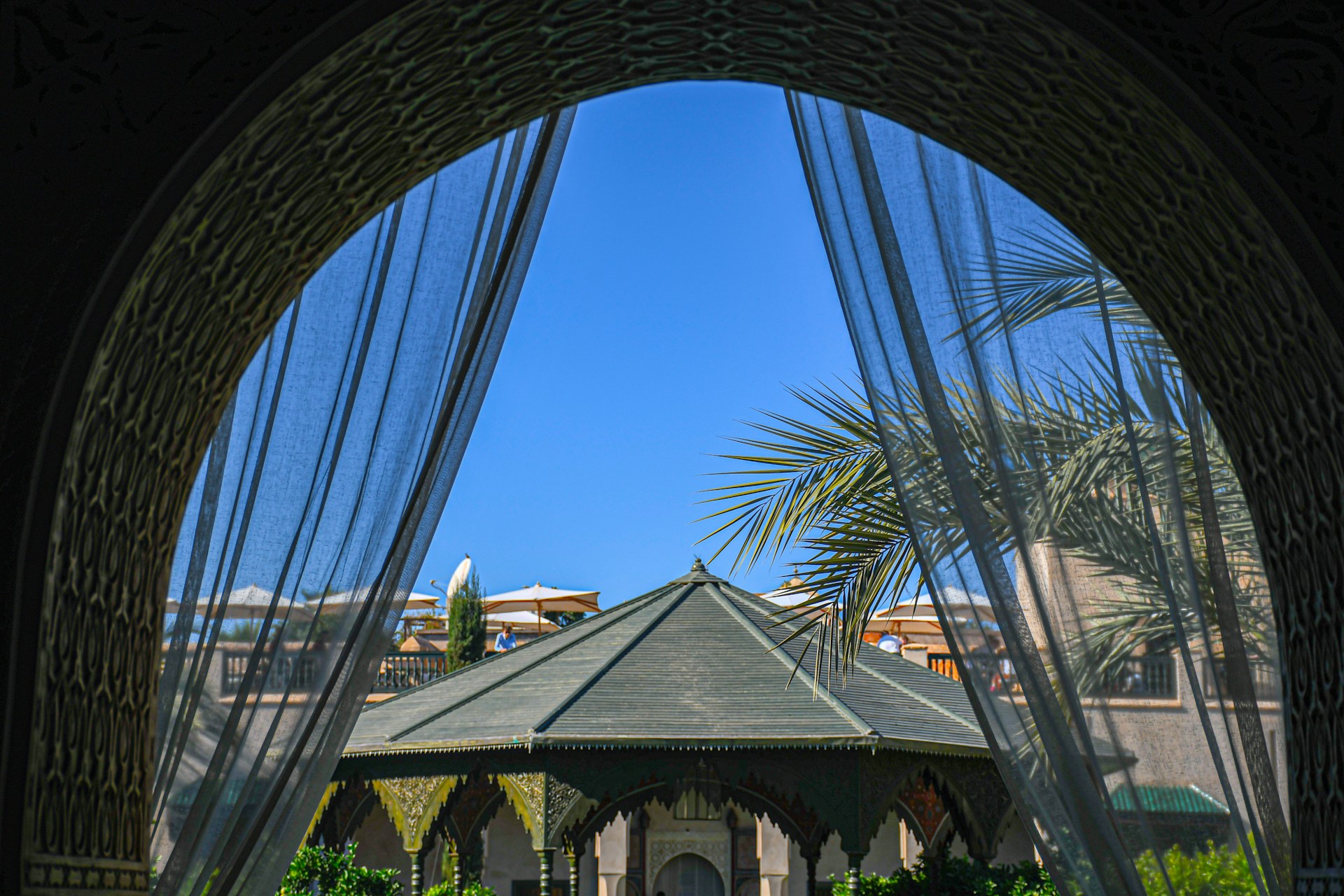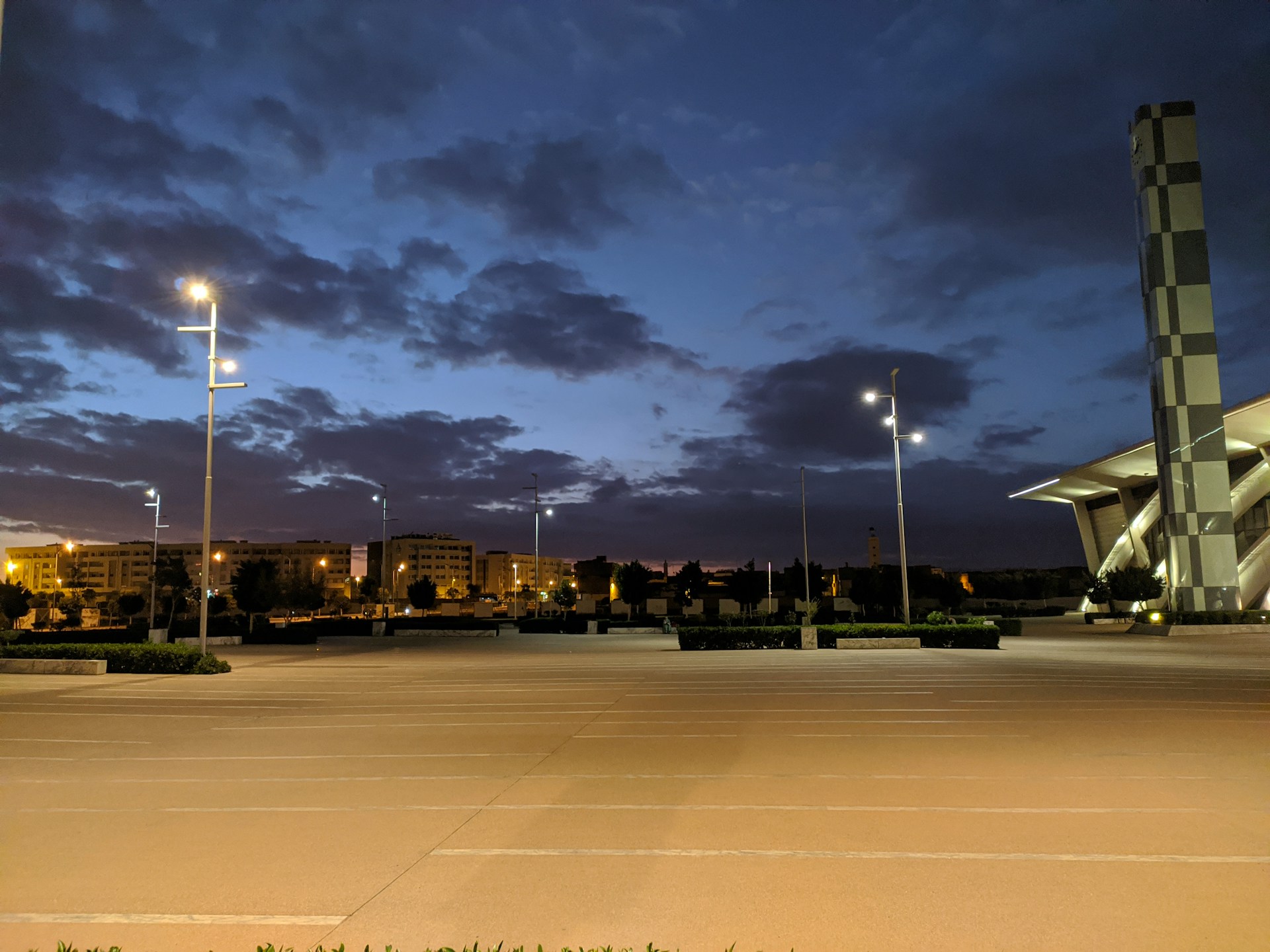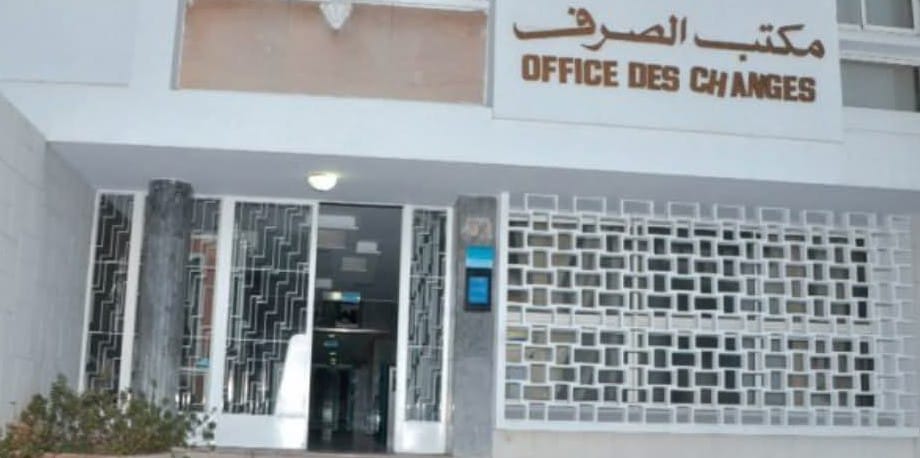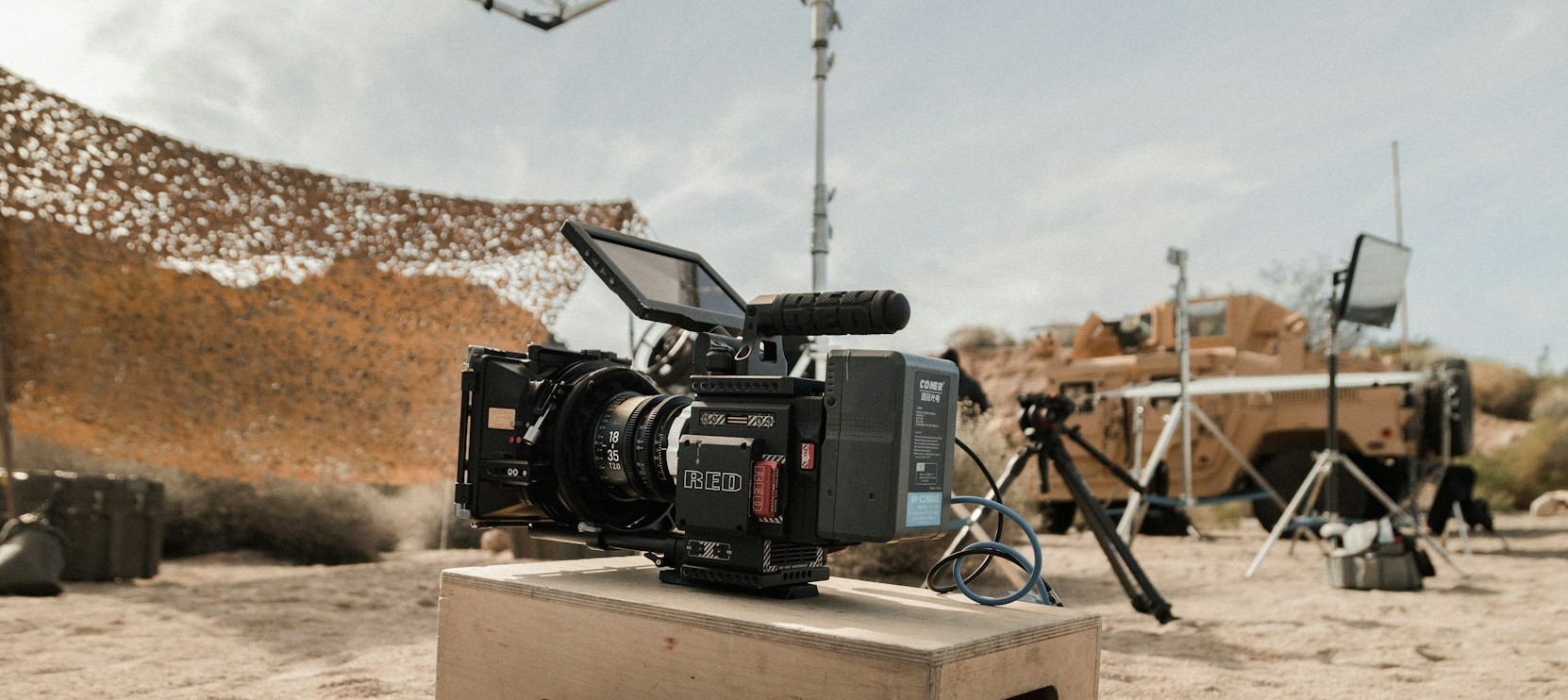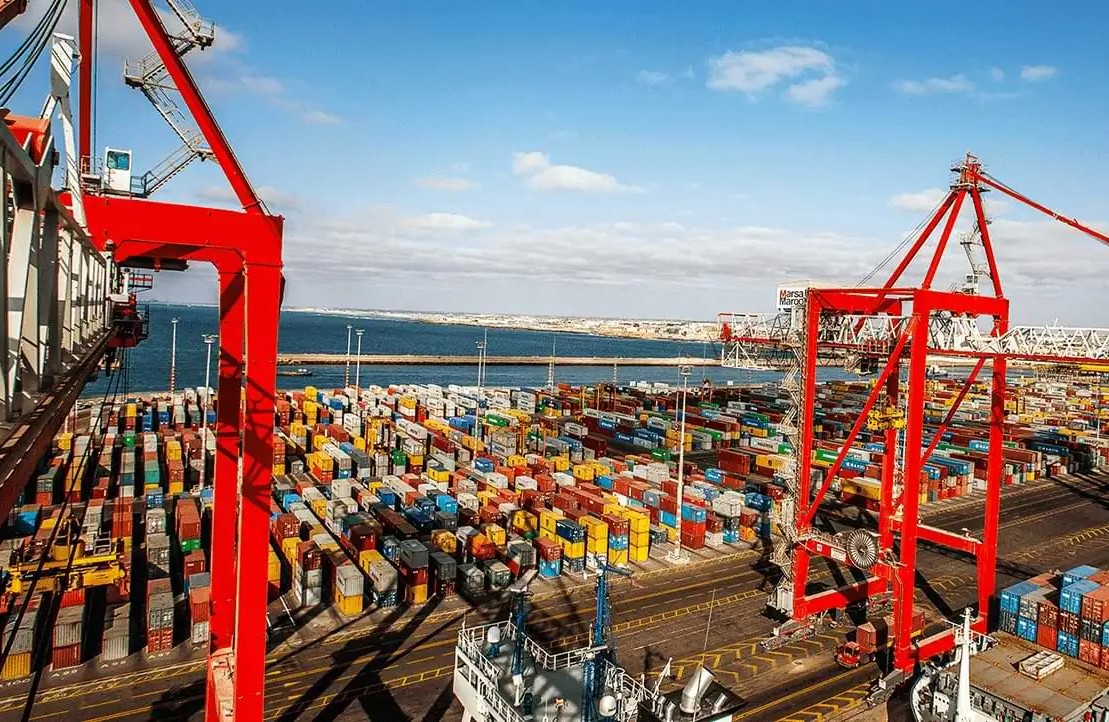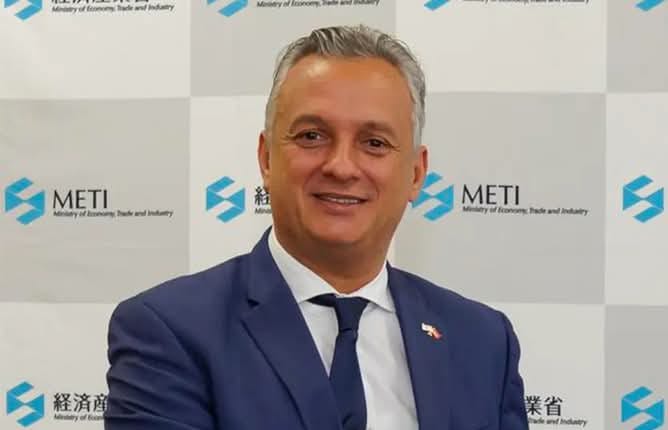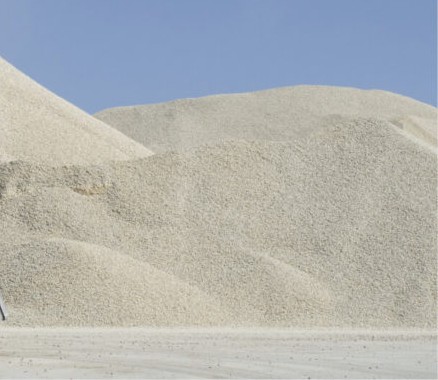Casablanca – The National Institute of Fisheries Research (INRH) spearheads scientific endeavors to ensure the sustainable management of fisheries resources and the conservation of marine ecosystems. With a coastline spanning 3,500 kilometers along the Atlantic Ocean and the Mediterranean Sea, Morocco boasts a rich maritime heritage and abundant fishing grounds. In recognition of the sector’s strategic importance, the INRH plays a pivotal role in shaping policies and practices that promote environmental sustainability while fostering economic development.
Over the past decade, the INRH has been at the forefront of transformative initiatives aimed at revolutionizing the fisheries sector. Under the visionary Halieutis strategy, which prioritizes sustainability, the INRH has received substantial investments totaling over $119.07 million. This funding has facilitated the acquisition of state-of-the-art research equipment and the development of cutting-edge technologies to enhance fisheries management practices.
One of the most notable achievements of the INRH is the establishment of a comprehensive oceanographic monitoring network along the Moroccan coastline. This network utilizes advanced sensors and data collection systems to gather real-time information on oceanographic conditions, fish stocks, and ecosystem health. By leveraging big data analytics and machine learning algorithms, the INRH can provide timely insights into the dynamics of marine ecosystems, enabling policymakers to make informed decisions.
Furthermore, the INRH plays a crucial role in environmental impact assessments, particularly in the context of aquaculture development. Through multidisciplinary research and expertise, the institute evaluates the potential environmental effects of aquaculture projects and identifies mitigation measures to minimize ecological disturbances. This proactive approach ensures that aquaculture activities are conducted in a sustainable manner, mitigating negative impacts on marine biodiversity and coastal ecosystems.
In line with its commitment to knowledge dissemination and capacity building, the INRH collaborates closely with national and international partners to exchange best practices and promote scientific cooperation. Through training programs, workshops, and scientific conferences, the institute empowers fisheries stakeholders with the knowledge and tools needed to address complex environmental challenges and promote sustainable development.
Looking ahead, the INRH remains dedicated to advancing the frontiers of fisheries research and innovation, driven by a steadfast commitment to sustainability and environmental stewardship. By embracing emerging technologies and fostering collaboration across disciplines, the institute is poised to continue working towards a more resilient and prosperous maritime future for Morocco.
